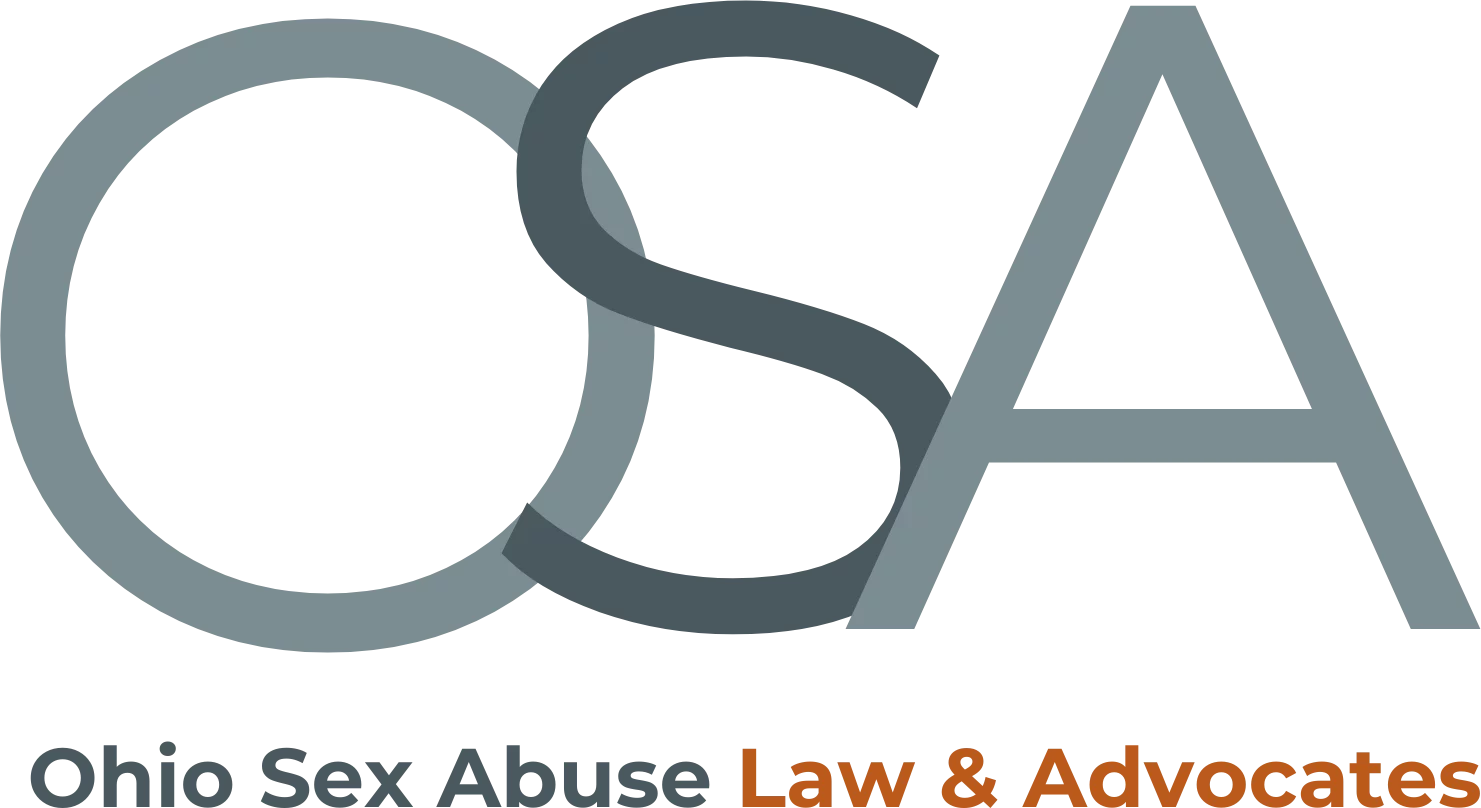The New Jersey Supreme Court recently ruled against a long-standing administrative regulation that pressured survivors and witnesses into silence.
The New Jersey Supreme Court recently ruled against a long-standing administrative regulation that pressured survivors and witnesses into silence. Until now, those involved in public-sector sexual harassment investigations were unable to speak about these traumatic events – a crucial disadvantage in their search for justice.
Viktoriya Usachenok, a former Treasury employee, sued New Jersey and the department for misconduct. She asked the courts to rescind parts of the regulation after being directed to “keep silent about a sexual harassment complaint” she made against her supervisor in 2016.
At the time, the regulation included an order that threatened both witnesses and victims with disciplinary action. They were required to maintain their silence regarding what had happened to them. In 2020, New Jersey amended the regulation by “removing the threat of disciplinary action,” but the court found the requirements to fail constitutional tests regardless.
The provision sought to reduce speech without ethical limits, the justices found. The request for silence extended indefinitely, with a singular exception for “legitimate business reasons” that was not defined clearly within the text, the ruling says. Because of this, it may appear that survivors are unable to report these crimes to other government agencies, including law enforcement.
“It extends to all witnesses without exception,” Chief Justice Stuart Rabner said. “Taken at face value, victims and witnesses are asked not to speak with their spouse or an attorney.”
The high court’s unanimous ruling reversed a previous appellate panel’s decision in favor of the regulation. The prior decision stated that silencing survivors would not infringe on speech protections “because the request was not compulsory and did not have to be observed.”
The Supreme Court investigated the palpable power imbalances between those who file sexual harassment complaints and those who investigate them. Many survivors fear retaliation because the rule does not require investigators to state clearly that they will face no penalty for pushing against the confidentiality request.
“It does not require that victims be told they are free to decline to follow the request,” Rabner wrote. “They are not told they can consult with an attorney about it. Nor are they told there will be no repercussions if they exercise their protected right to free speech.”
State attorneys argued that the rule’s unconstitutionality could be corrected by additional and specific requirements. In this case, investigators would inform survivors that a breach of confidentiality would not have harmful repercussions. The court found such changes “would extend beyond the limits of judicial surgery.”
Authors: Andy Goldwasser and Alexis Kabat

